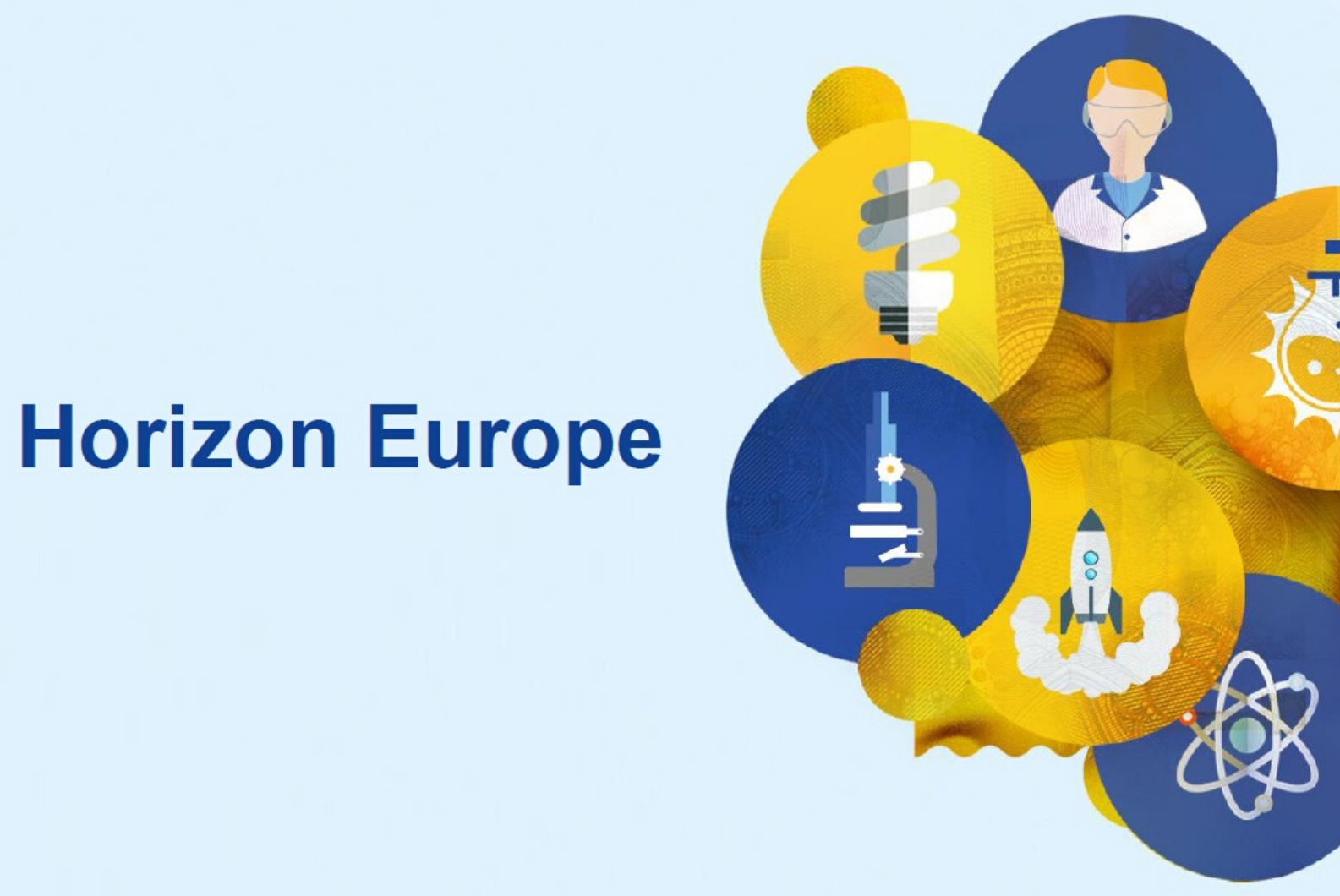The Gender Equality Plan of the University of Cagliari now released in open access
In June 2020, the University of Cagliari has approved its first gender equality plan. Now the full document has been published by UNICApress, the University publishing house, and it’s available online in italian at this link.




